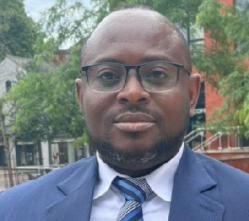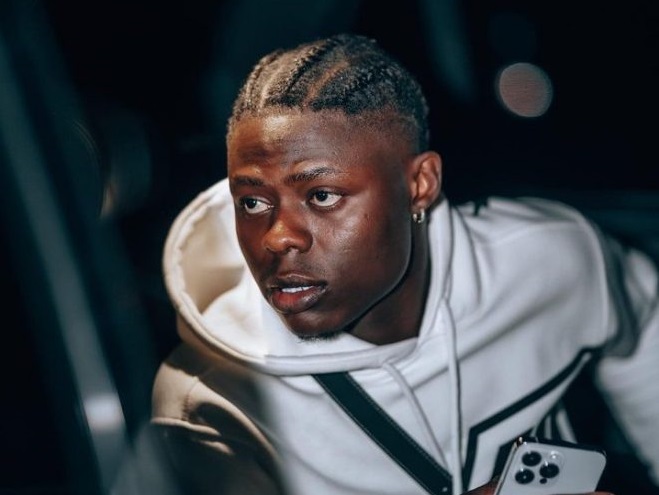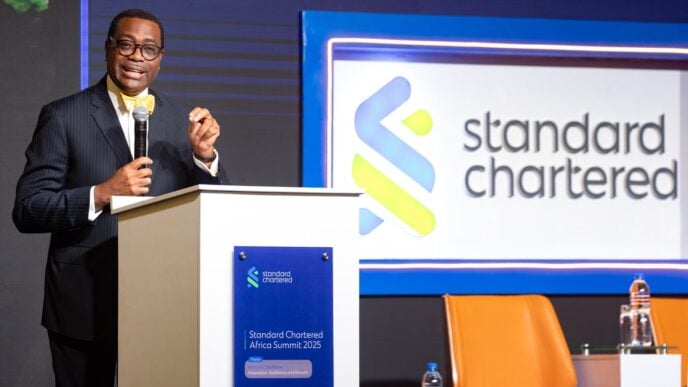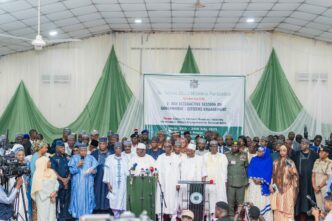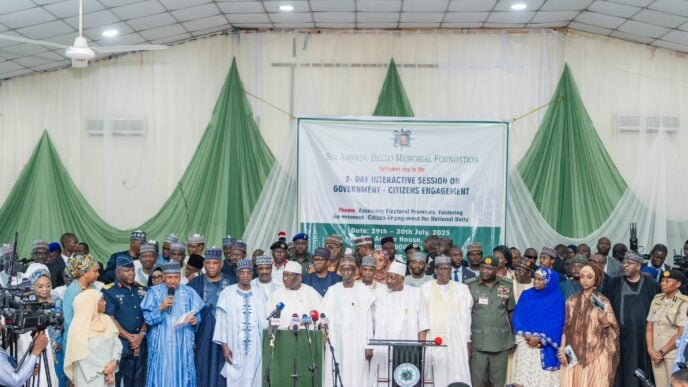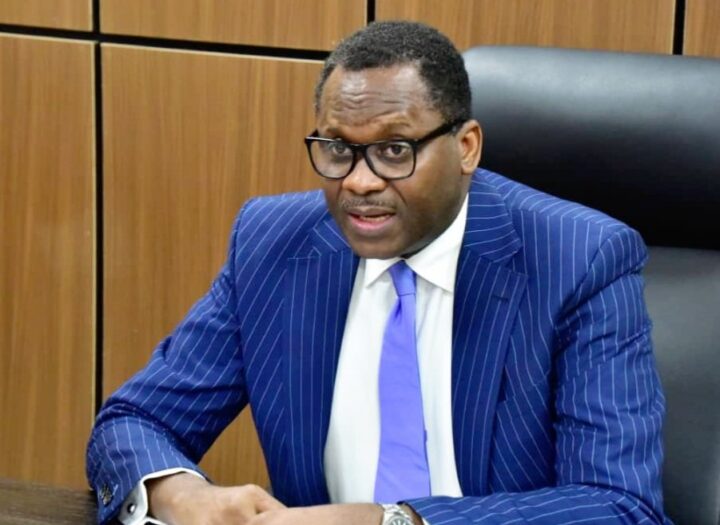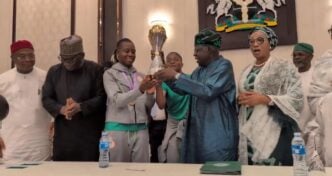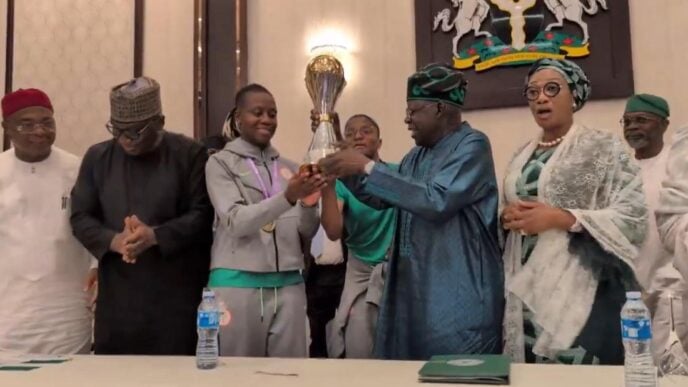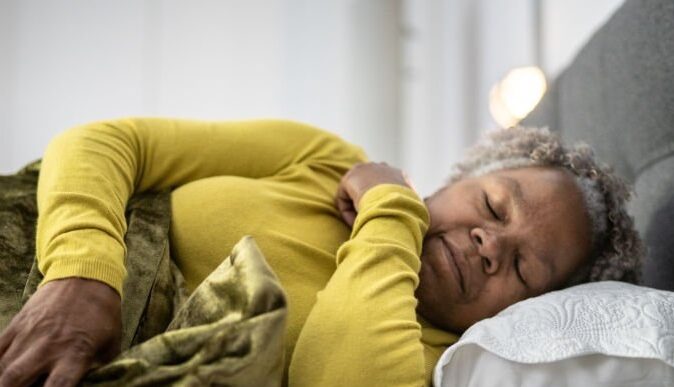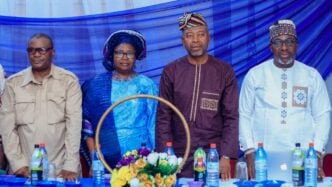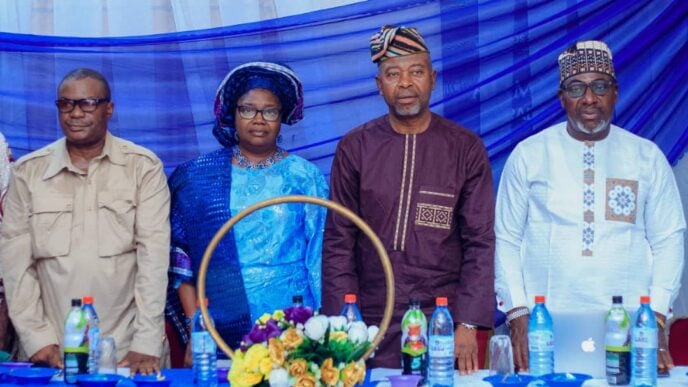When news broke on September 12, 2023, that Ilerioluwa Aloba—popularly known as Mohbad—had died under unclear circumstances, the entire nation, especially his fans, was shocked. What was most shocking, however, was the shoddy, dehumanising and hurried burial he was given just 24 hours after his death. It was a death like no other, which triggered spontaneous reactions globally, with many wondering why a bright star, dimmed without warning, was lowered into the ground with no autopsy. There was no official explanation, and no chance for dignity, as his head was bent in order to fit into the makeshift coffin. To many, the circumstances surrounding his death and burial were suspicious.
Also, given verbal reports and petitions by the deceased to the police on alleged threats and bullying by one Sam Larry and other roughnecks, Nigerians responded with a rare unity of grief and outrage by demanding the exhumation of his corpse for an autopsy. The call was heeded, and his body was exhumed on September 21, 2023. Some public-spirited individuals, led by Nollywood actresses Iyabo Ojo and Tonto Dikeh made strident calls for an autopsy and even bought a luxury casket for the late artiste in order to give him a befitting burial. Nearly two years later, Mohbad’s corpse is still in limbo at LASUTH while investigations keep dragging on. The tragedy of Mohbad’s death has transformed into a symbol of institutional failure in Nigeria.
Mohbad’s death is no longer just a personal tragedy; it has become a national indictment. For months, Nigerians were told that an unknown illness—and possibly medical malpractice—led to his demise. The police identified an assistant nurse as the prime suspect for administering injections without proper qualification or prescription, triggering fatal allergic reactions. Meanwhile, MohBad’s former label boss, Abdulazeez Fashola, aka Naira Marley and SamLarry, figures named in MohBad’s June 2023 petition alleging assault and death threats, remain central to public discourse, though direct links to the cause of death remain unproven.
In February this year, the Lagos State Directorate of Public Prosecutions claimed Mohbad formally withdrew the assault complaints lodged against Naira Marley at the Ilasan Police Station in the Lekki area of the state over an assault incident on October 8, 2022. They claimed this formed part of the decision that led to Naira Marley’s acquittal by the magistrates’ court over allegations linking him to Mohbad’s death. The dead can’t speak, so it will be difficult to confirm the authenticity of the claim.
Advertisement
The Lagos coroner court has concluded the autopsy, and toxicology testing was outsourced to the US to ensure independence, according to Lagos state authorities. But Mohbad’s body still lies unclaimed, the family, especially the father, controlling release—a stark reminder that justice, even in death, remains out of reach. This case lays bare several deep fractures in our system. Many questions are begging for answers: Did the police do a thorough, professional job in unravelling the mystery surrounding his death? What has been achieved with the investigation so far? Ultimately, will Mohbad ever get a befitting burial?.
Mohbad’s passing should have sparked a sober national conversation about artist welfare, mental health, toxic record label contracts, and institutional accountability. Instead, it became, for many, a convenient talking point. Politicians, influencers, and power players have increasingly used his name as a tool to score points, gain relevance, or distract from more pressing governance failures. Instead of focusing on pressing issues, we are inundated with talks about paying N20m to hack WhatsApp group chats, the DNA test controversy, and so on.
Some lawmakers seized the moment to move motions in parliament—not necessarily out of genuine concern, but to tap into the youth sentiment surrounding the case. Others showed up at the family’s home with cameras in tow, issuing soundbites that felt more like campaign slogans than words of comfort. Hashtags trended. Speeches were made. But behind the optics, very little has changed. Even Mohbad’s father took undue advantage of the situation and used his son’s death to become an ’emergency celebrity’.
Advertisement
This is the very essence of playing politics with a person’s death—when tragedy is reduced to a spectacle, stripped of its human context and converted into capital.
Even worse, conspiracy theories, unverified claims, and social media performativity began to overshadow the core issues. Who was truly responsible? What did the state’s investigation uncover? Where are the reforms that should follow such a high-profile loss? These questions faded from the headlines as soon as the outrage cycle moved on. Justice, once demanded so loudly, now exists mostly in memory.
Let’s be clear: Mohbad deserved better in life, and he deserves better in death. Using his name for political branding, social clout, or agenda-setting without backing it up with meaningful action is not only exploitative—it is dishonourable.
Instead of politicising Mohbad’s death, leaders—both in government and the entertainment industry—should have taken bold steps. They should have initiated reforms around artiste protection, enforced proper contract regulation, and provided mental health resources for creatives. The police and relevant authorities should have been more transparent in their investigations. The silence that followed initial arrests and reports was deafening, yet nothing has come out of it.
Advertisement
Nigeria’s young people are watching. They are not fooled by hollow gestures or PR stunts. What they demand—and deserve—is substance, not symbolism.
Mohbad’s death was a national moment of reckoning. It revealed the rot in systems meant to protect, the power imbalance in our creative industries, and the ease with which pain can be commodified. We dishonour him every time we use his name without purpose, every time we let the momentum for justice fade, and every time we let politics drown out the truth.
Let Mohbad rest, but let the movement for justice, accountability and reform continue—free from exploitation, performative grief, and political theatre. Above all, let Mohbad be given a befitting burial. With the manner the investigation has turned out, keeping his corpse in the morgue nearly two years after his death doesn’t make any sense.
Akinsuyi, former group politics editor of the Daily Independent, writes from Abuja. He can be reached at [email protected]
Advertisement
Views expressed by contributors are strictly personal and not of TheCable.
